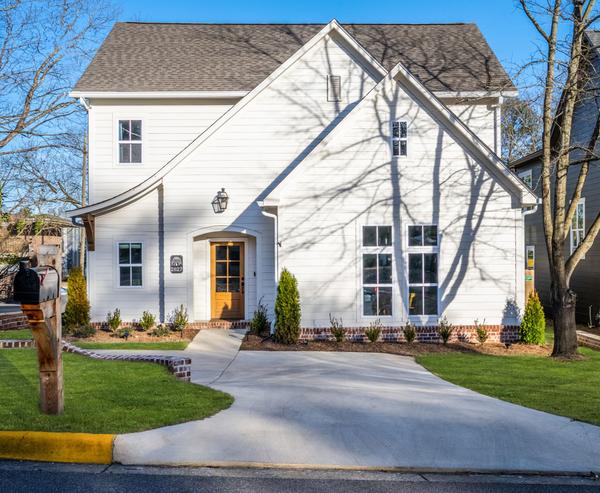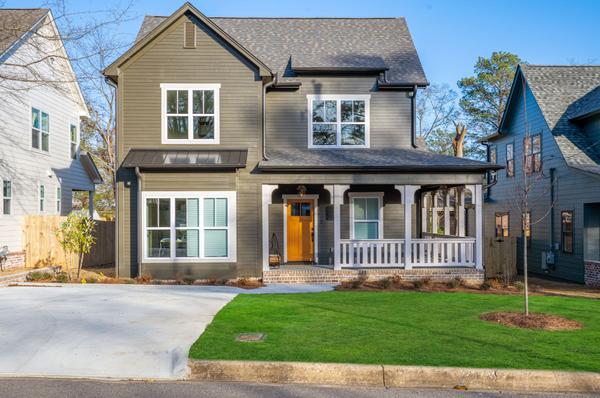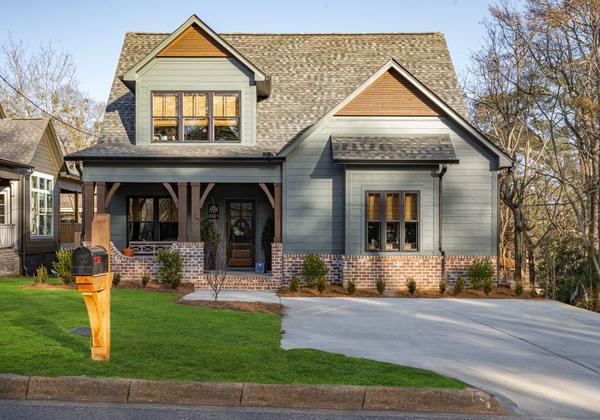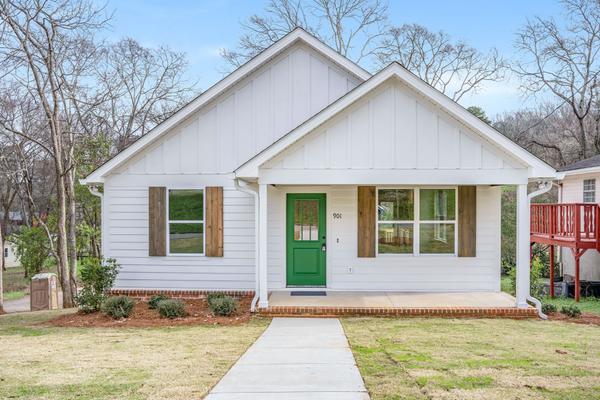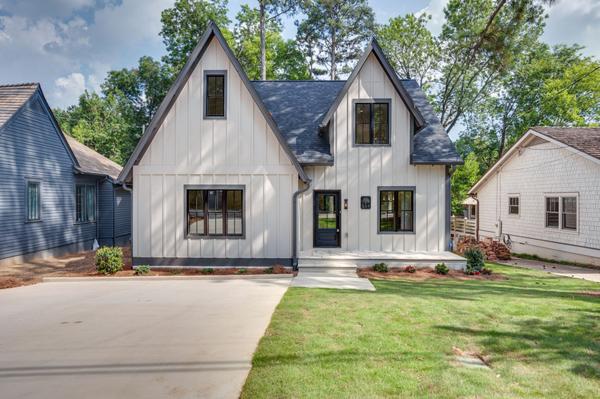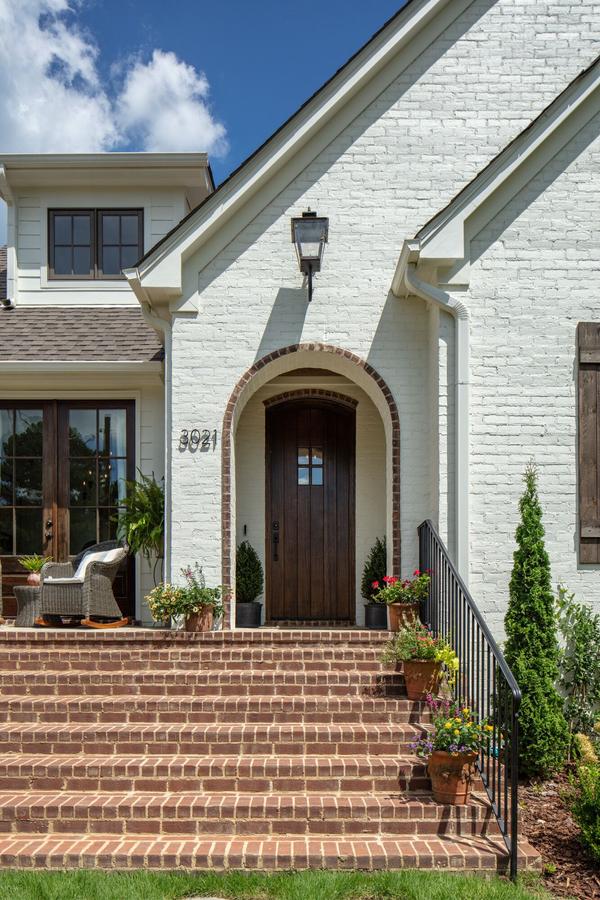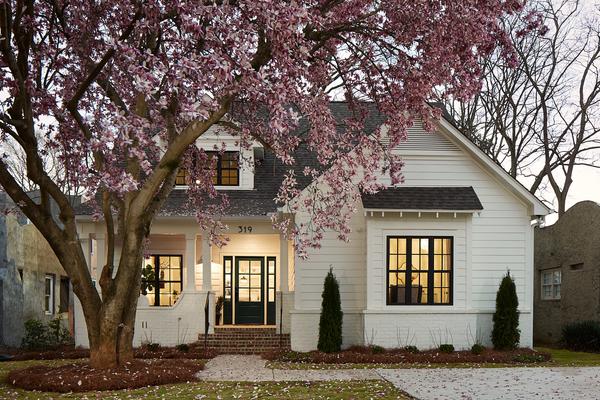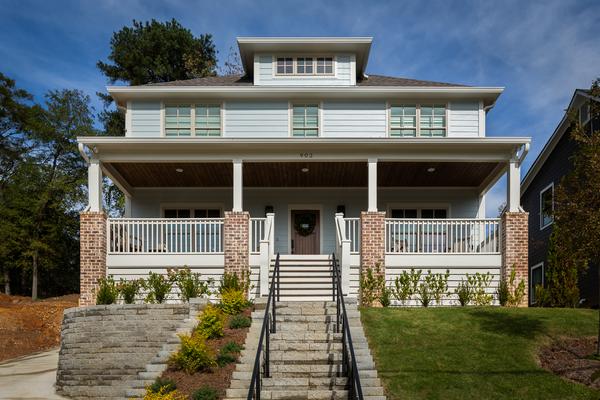Frequently Asked Questions About Building a Home in Birmingham, AL
New Construction Home Building FAQs (Birmingham, Alabama Guide)
What is the first step in building a house?
The real first step is figuring out your budget and construction loan options. Once you know what you can invest, the next step is choosing and purchasing buildable land or selecting a homesite within a new-construction community. From there, you can begin working with a builder or architect to design your home.
How much does it cost to build a home in Alabama?
How long does it take to build a house?
What is the difference between a custom home and a production home?
What type of loan do I need for a new construction home?
How do I pick the right builder?
Do I need a real estate agent for new construction?
What permits are required to build a home?
Can I make changes to the home design during construction?
What is the difference between a floor plan and a blueprint?
Watch: Your Home-Building Questions Answered
Get the real scoop on building a home in Birmingham—without the sugar-coating. These quick videos walk you through the process step-by-step, from choosing the right lot to understanding builder contracts and timelines. If you’re thinking about building, start here and save yourself a few headaches (and maybe a few thousand dollars).
MORE FAQ's ABOUT NEW CONSTRUCTION HOME BUILDING
What are the hidden costs of building a home?
Hidden costs can include things like land preparation (clearing, grading, and leveling), utility hookups (water, gas, electricity), landscaping, permits, and fees. Additionally, many homebuyers overlook the cost of appliances, window treatments, and outdoor spaces like decks or patios.
What is the most expensive part of building a home?
What are zoning laws, and how do they affect my home build?
What is a home warranty, and do I need one?
Can I build a home in any location?
What is a building code?
What are the benefits of building a home vs. buying an existing home?
WORK WITH ROXANNE HALE TO BUY NEW CONSTRUCTION
From Hoover to Homewood to Helena—I’ll help you find the right new construction fit.
BEHIND THE SIGN
Where Real Estate Gets Real


